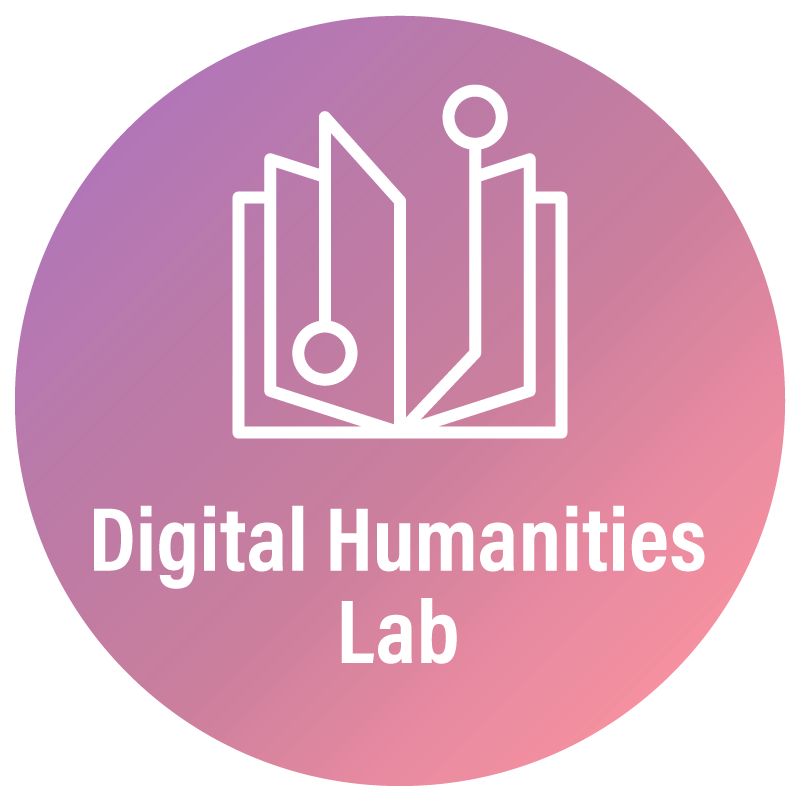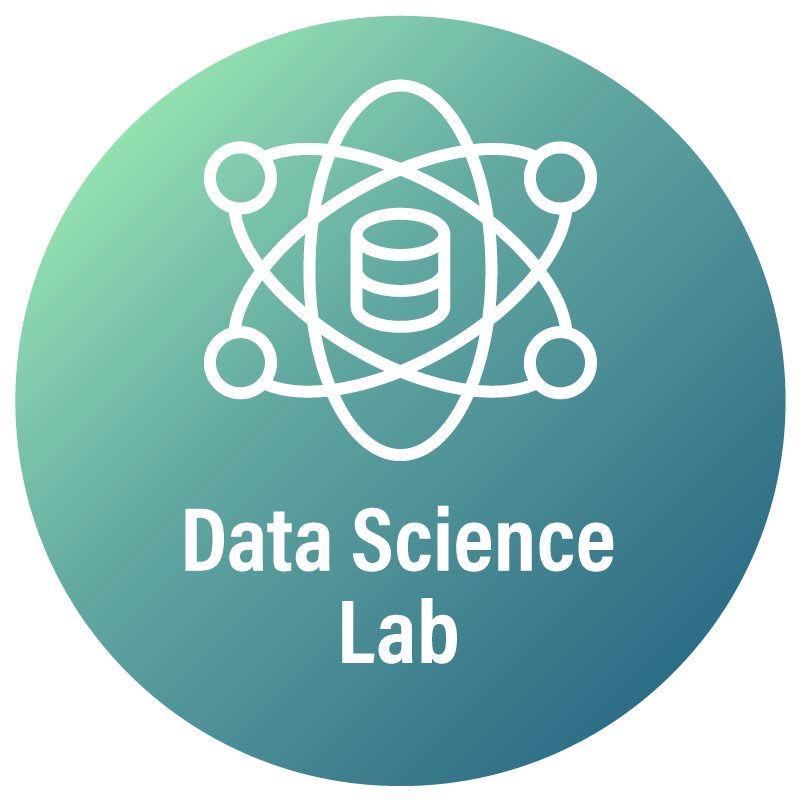The explosion in the volume of digital data produced by human activity is the source of many areas of study. The collection and analysis of data is accompanied by the development of analytical applications that process it to draw conclusions. Digital data is at the center of the activity of researchers from the four faculties of the University of Neuchâtel who are now joining the two new Labs of the LexTech Institute. Several researchers in economics, arts, sciences, humanities and social sciences complete the current research team in law and computer science, thus strengthening interdisciplinary collaborations in digital technologies within the University of Neuchâtel.
The Digital Humanities Lab is dedicated to the development of digital methods and tools for producing and disseminating knowledge to provide an analytical basis for research. The Data Science Lab is dedicated to the collection and analysis of massive amounts of structured and unstructured digital data using algorithms (big data). Digital data is therefore crucial for these two Labs, which aim to develop methods used to produce, sort, classify and analyze data.
The LexTech Institute has now achieved its first objective by creating a community of researchers who share a common interest in the digital transformation of society. Those who wish to learn more about the current structure of the LexTech Institute can refer to the table below.
[LexTech Institute raw data extract]
|
Category
|
Value
|
Unit
|
|
|---|---|---|---|
| 1 |
activity
|
25 |
weeks
|
| 2 |
members
|
85 |
researchers
|
| 3 |
members
|
39 | professors |
| 4 |
members
|
19 |
doctors
|
| 5 |
members
|
27 |
doctoral students
|
| 6 |
faculties
|
4 |
n/a
|
| 7 |
labs
|
7 |
n/a
|
| 8 |
publications
|
98 |
n/a
|
| 9 |
blog posts
|
27 |
n/a
|
| 10 |
projects
|
10 |
n/a
|
| 11 |
linkedIn
|
706 |
followers
|
| 12 |
twitter
|
164 |
followers
|




